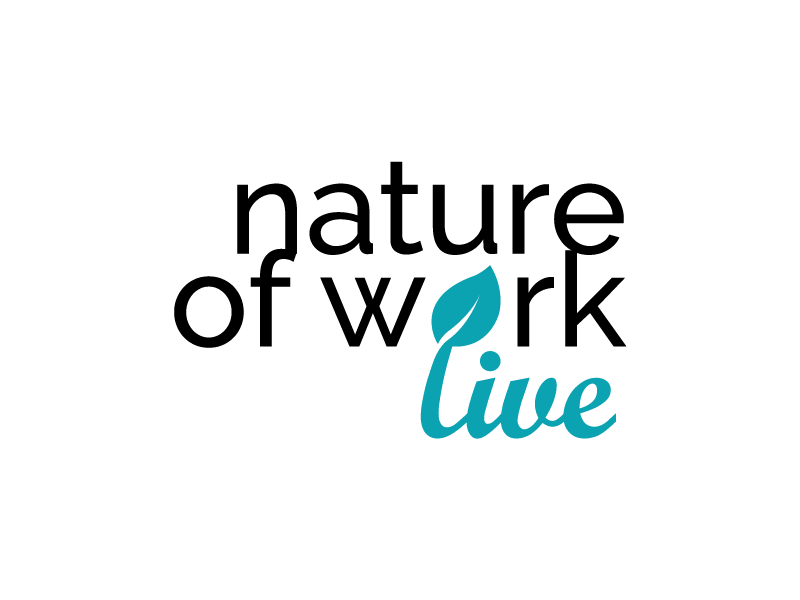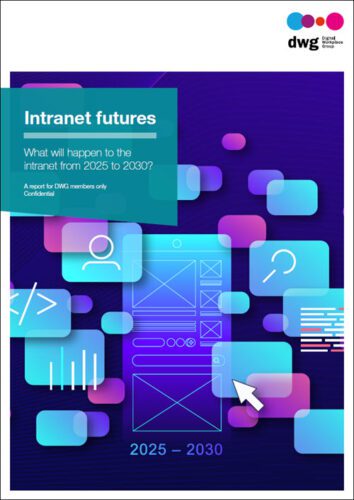Pandemic 2020 – Endemic 2021 – and the Nature of Work
When the pandemic arrived unannounced in 2020, we discovered what was really essential in work. Mostly, this was not the physical places of work (although some did remain essential of course); it was the digital spaces where we could continue to meet and function. In developed economies, most of the workforce started to work from home in what the Financial Times has described as ‘the largest ever global experiment in where work happens’. We went home to work – and for the most part this was a success. It was phase one of the experiment into the new nature of work.
What was not expected was phase two – and maybe there are other phases still to come too. In this second wave of change in 2021, we are encountering in these same ‘work from home’ countries another shock. Where are the workers now? We were told to expect high rates of unemployment but instead, across Europe and North America at least, we are seeing unprecedented labour shortages. There are too few people for the work needed.
There are many reasons for this, but the overwhelming one is that, during 2020, many people in work reconsidered what work actually means to them as well as its role in their lives. And their conclusions led to what is now being dubbed ‘the great resignation’. A significant minority (or is it perhaps even a majority?) no longer felt that the work they had been doing made sense. Why earn more if I feel less happy, see my family less, enjoy myself less and feel so much stress? It’s as if people have woken up to the realization that many sectors require work that is unpleasant, hard and poorly paid. If I can live on less, or we as a family can move out of the city, maybe we can work differently or just less – but be more fulfilled.
This is the second phase of understanding the new nature of work. 2020 showed how flexible work could be. 2021 is showing us that work itself can be diluted and even evaporate unless it is fully rewarding to people. The era of ‘human capital’ and ‘labour’ is morphing from people as widgets to people as human beings – and long may this evolve and grow.
Join us!
Join us on November 2-4, 2021 for Nature of Work Live, an inspirational 3-day virtual experience, where a growing community of change-makers and ‘make-changers’ will come together to explore, understand and bring to life a new story of work for a living age.
Learn more and register for FREE by visiting natureofwork.live
Categorised in: → Covid-19 pandemic, → Nature of Work

